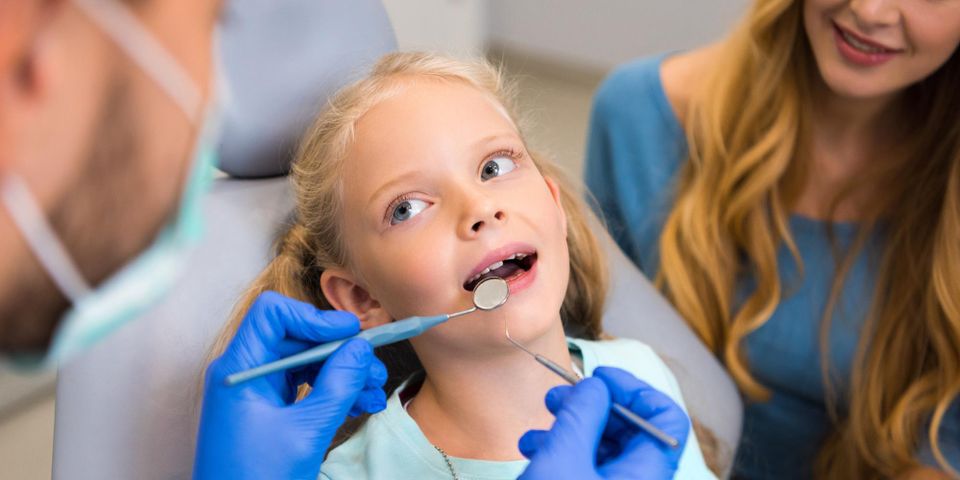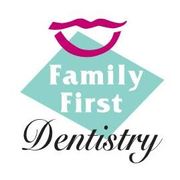
If the thought of undergoing even a simple teeth cleaning makes you nervous, you may be a good candidate for sedation dentistry. By using certain kinds of medication, dentists can help their patients relax during every appointment. Here’s a brief guide to the kinds of medication providers use during sedation dentistry and when each is most applicable.
Nitrous Oxide
Also known as “laughing gas,” nitrous oxide provides minimal sedation. You remain fully cognizant while using this method, but become more relaxed. Because it wears off quickly, nitrous oxide is the only kind of sedation dentistry after which patients can drive themselves home.
Dentists administer nitrous oxide, which is inhaled, to both children and adults who are especially nervous during their visit. As long as the patient is comfortable wearing the mask, they may be a good candidate for this method of sedation. Additionally, the side effects are minimal, although some people feel nauseous after use.
Oral Sedation
 Oral sedatives, which are administered in pill form, are more powerful than nitrous oxide, and their results don’t wear off nearly as quickly. It also takes longer for them to go into effect. Patients who need moderate sedation for an upcoming procedure may be told to take the medication one hour before their appointment.
Oral sedatives, which are administered in pill form, are more powerful than nitrous oxide, and their results don’t wear off nearly as quickly. It also takes longer for them to go into effect. Patients who need moderate sedation for an upcoming procedure may be told to take the medication one hour before their appointment.
Dentists might recommend oral sedation to those who require more than a simple cleaning and have a low pain threshold, sensitive teeth, or a bad gag reflex. If you need to have root canal treatment or multiple cavities filled, for example, oral sedation can make the appointment much easier. Side effects are usually minimal, but might include nausea, vomiting, and drowsiness.
General Anesthesia
General anesthesia is used when the patient needs to be unconscious for the duration of the appointment. It’s only administered before more complicated procedures. If you must have implants inserted or multiple wisdom teeth removed, for example, you’ll be given general anesthesia.
Because patients under general anesthesia are unconscious, it poses more risk than the other sedatives. Although complications are rare, discuss your medical and surgical history with your dentist before undergoing any kind of procedure that requires this sedation.
If you have a dental phobia, schedule your next teeth cleaning with Family First Dentistry. Their friendly providers will be happy to explain the various options for sedation dentistry. Located in Anchorage, this practice provides comprehensive and convenient care for patients of all ages. They even offer prompt restorative procedures like same-day crowns. To request an appointment, fill out the form on their website or call (907) 562-2820.
About the Business
Have a question? Ask the experts!
Send your question

